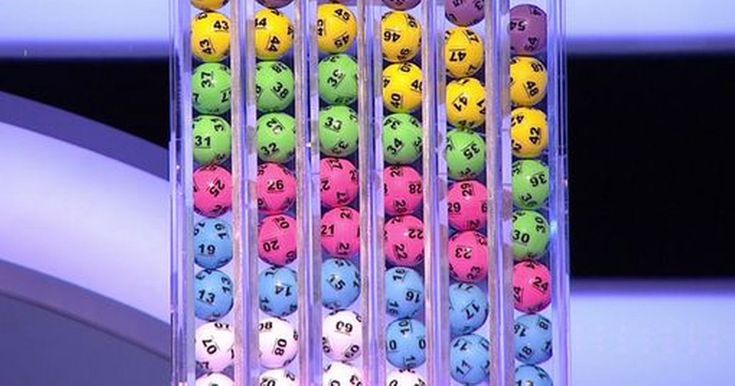The lottery draw is an event that captures the imagination of millions worldwide, representing not only the hope for financial windfall but also a unique community experience result cambodia. While lotteries have existed for centuries, their evolution reflects societal changes, technological advancements, and the ongoing allure of chance.
A Brief History of Lottery Draws
The origins of lotteries can be traced back to ancient civilizations. The Romans used lotteries for entertainment during dinner parties, while the Chinese Han Dynasty employed them to fund major government projects, including the Great Wall. In the modern era, lotteries gained popularity in Europe during the 15th century, serving both as a means of raising funds for public works and as a popular pastime.
In the United States, lotteries played a crucial role in financing the Revolutionary War and establishing public institutions. Over time, however, they faced opposition due to concerns about gambling and corruption. The landscape began to shift in the 1960s when states sought new revenue sources, leading to a resurgence of state-sponsored lotteries. Today, lotteries are a significant source of funding for education, infrastructure, and public services across many jurisdictions.
The Mechanics of a Lottery Draw
At its core, a lottery draw is a simple yet thrilling process. Participants purchase tickets, each bearing a unique combination of numbers. During the draw, a random selection of numbers is chosen, often using sophisticated technology to ensure fairness and transparency.
The format can vary widely—from traditional drawings using physical balls to electronic systems that generate random numbers. Some lotteries employ elaborate live events to build excitement, often featuring hosts and special guests to engage the audience.
Types of Lotteries
There are several types of lotteries, each with its unique features:
- Traditional Lotteries: Players select a set of numbers, hoping to match them with the drawn numbers. This format includes games like Powerball and Mega Millions in the United States.
- Scratch-Off Games: These instant-win games allow players to scratch off a ticket’s surface to reveal prizes. They are popular for their immediate gratification.
- Raffles: Participants buy tickets for a chance to win a specific prize, with each ticket corresponding to a unique number drawn at random.
- Keno: A game resembling a lottery, where players choose numbers from a larger pool, hoping to match them with numbers drawn during the game.
The Role of Technology
The evolution of technology has transformed the lottery experience. Online ticket sales, mobile apps, and real-time updates have made it easier for players to participate and stay informed. Blockchain technology is emerging as a means to enhance transparency and security in the lottery process, addressing past concerns about integrity.
Moreover, social media has become a platform for promoting lottery draws, creating a sense of community among players. Winners often share their stories online, inspiring others to participate and fueling the excitement surrounding upcoming draws.
The Impact of Lottery Draws on Society
Lottery draws do more than just create wealth for a few lucky winners; they can significantly impact communities. Proceeds from lotteries often support public programs, including education, healthcare, and infrastructure development. In many jurisdictions, a portion of the funds is earmarked for scholarships and grants, benefiting the community as a whole.
However, the lottery also raises ethical questions. Critics argue that lotteries disproportionately affect low-income individuals, who may spend a larger percentage of their income on tickets. The allure of winning can lead to financial strain, addiction, and social issues, prompting discussions about responsible gambling and the role of regulation.
